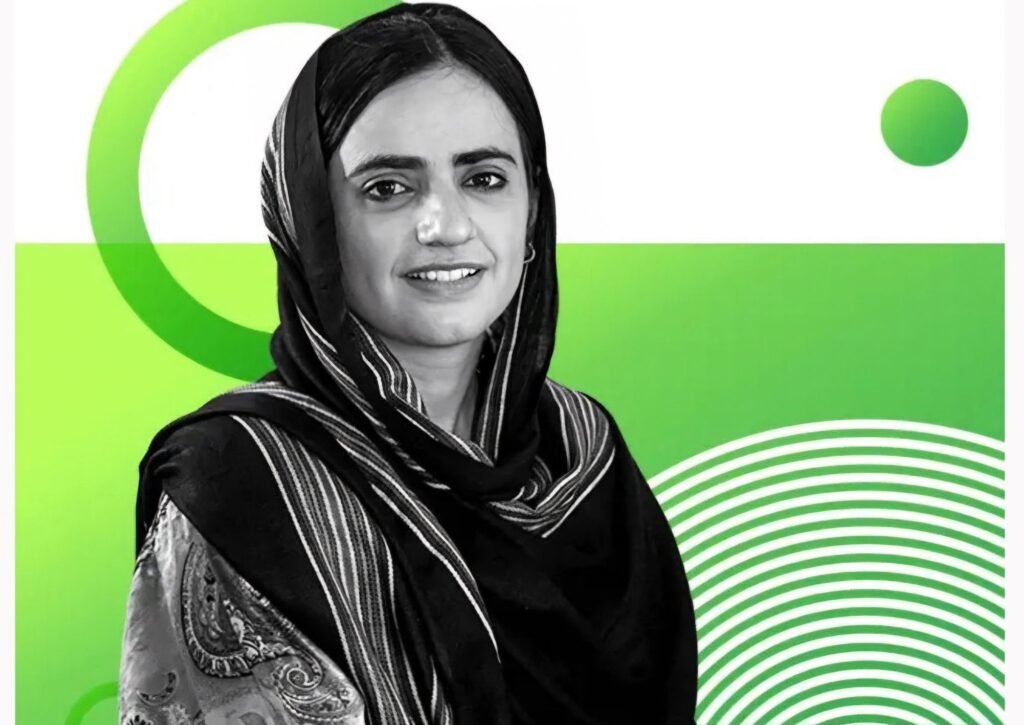
When Dr. Mahrang Baluch was reportedly nominated for the Nobel Peace Prize, my immediate reaction was that it was premature. She is young and still developing as a leader. While her work in advocating for Baluch rights is commendable, the Nobel Prize is typically awarded to individuals with a long-standing legacy of contributions to peace and human rights. Recognizing someone too early risks undermining the credibility of the award.
The Nobel Peace Prize has sometimes been awarded hastily, leading to controversial choices. Barack Obama received the prize in 2009 while the U.S. was engaged in two wars, prompting even him to ask, “For what?” Malala Yousafzai, while an inspiring activist, was recognized at a very young age before she had built a lasting legacy.
A more cautionary example is Aung San Suu Kyi, who won the prize in 1991 for her nonviolent struggle for democracy in Myanmar. Decades later, when Myanmar’s military carried out a brutal crackdown against the Rohingya Muslims, she not only remained silent but defended the regime’s actions at the International Court of Justice. This stark contrast between her early image and her later role in government fueled global calls to revoke her Nobel Prize.
The lesson here is clear: time is necessary to evaluate an individual’s moral consistency. Recognizing someone too early can backfire if their later actions contradict the ideals of peace and justice.
Dr. Baluch faces a similar moral test today. The recent attack by the Baluch Liberation Army (BLA) on the Jaffar Express train, where militants segregated passengers by ethnicity and killed 21 civilians, was an act of blatant terrorism. Yet, Dr. Baluch and her organization, the Baluch Yakjehti Committee (BYC), chose to remain silent.
This raises troubling questions. Had the victims been Baluch instead of Punjabis, would Dr. Baluch have responded differently? A human rights activist must condemn violence consistently, no matter the perpetrator. Her reluctance to denounce the BLA’s actions suggests a selective approach—one that undermines the universal principles of human rights.
This is not to deny or discredit Dr. Baluch’s work. In fact, she has done more than most Baluch leaders in raising awareness about Baluch rights. However, my goal is to remind her that all lives matter—not just Baluch lives. A true human rights activist must advocate for the dignity and safety of all people, regardless of ethnicity or political allegiance.
It is understandable why she hesitates to condemn the BLA’s violence against civilians.
The BLA is an extremely influential force in Baluchistan, with no political party able to replace or challenge it as an alternative solution to Baluch grievances. Even moderate democratic leaders, when frustrated, have repeatedly suggested that armed struggle may be the only viable path for the Baluch to secure their political rights and control over provincial resources. Numerous political figures who have personally never engaged in militancy have nonetheless echoed this sentiment, dismissing parliamentary politics as futile.
Dr. Baluch knows that openly challenging the BLA would come at a heavy cost. She risks being labeled an agent of the Pakistani state or accused of undermining the resistance movement. Her popularity, particularly among young Baluch who view militancy as the only effective means of achieving self-determination, would likely suffer.
There is, however, an undeniable reality—Dr. Baluch and the BLA are ultimately fighting for the same cause: Baluch rights. However, their approaches could not be more different. Dr. Baluch is a peaceful activist who believes in political resistance and advocacy, whereas the BLA is an armed militant group that believes in violent confrontation. There will never be an alignment between these two approaches. Any expectation that the two will eventually merge or support each other is a futile fantasy. Hence, Dr. Baluch risks her own reputation and movement by trying to please the BLA.
At some point, Dr. Baluch and the BLA will inevitably clash. Both cannot continue operating in the same space without one confronting the other. If Dr. Baluch gains more influence and international recognition, the BLA will likely see her as a threat to their dominance. Likewise, if she denounces their violent methods, they may view her as an obstacle to their objectives. It is only a matter of time before this internal conflict surfaces, and when it does, Dr. Baluch will have to make a decisive choice about her stance on violence and militancy.








